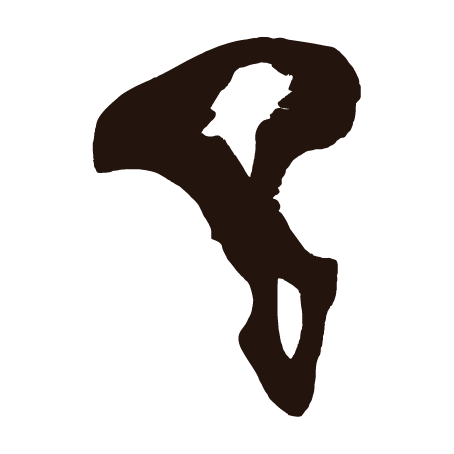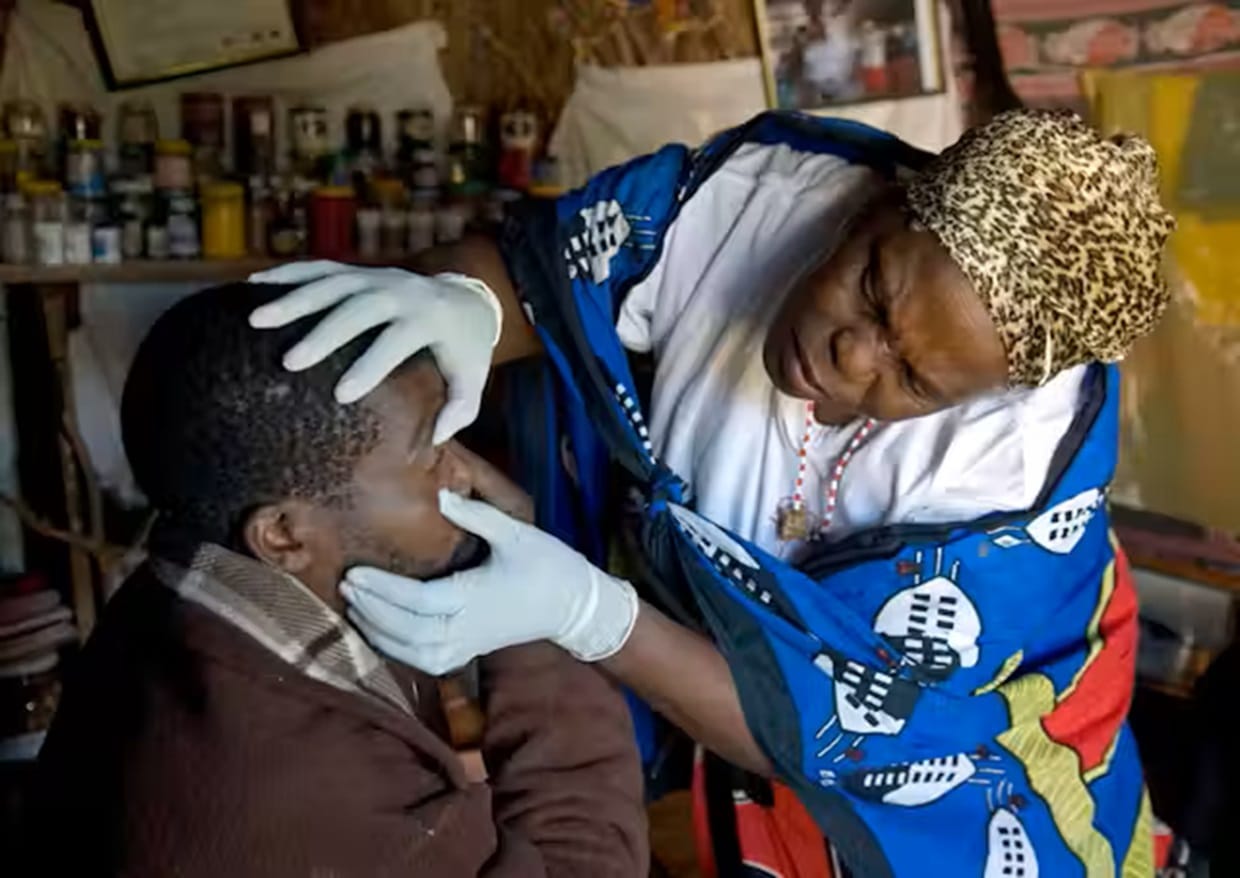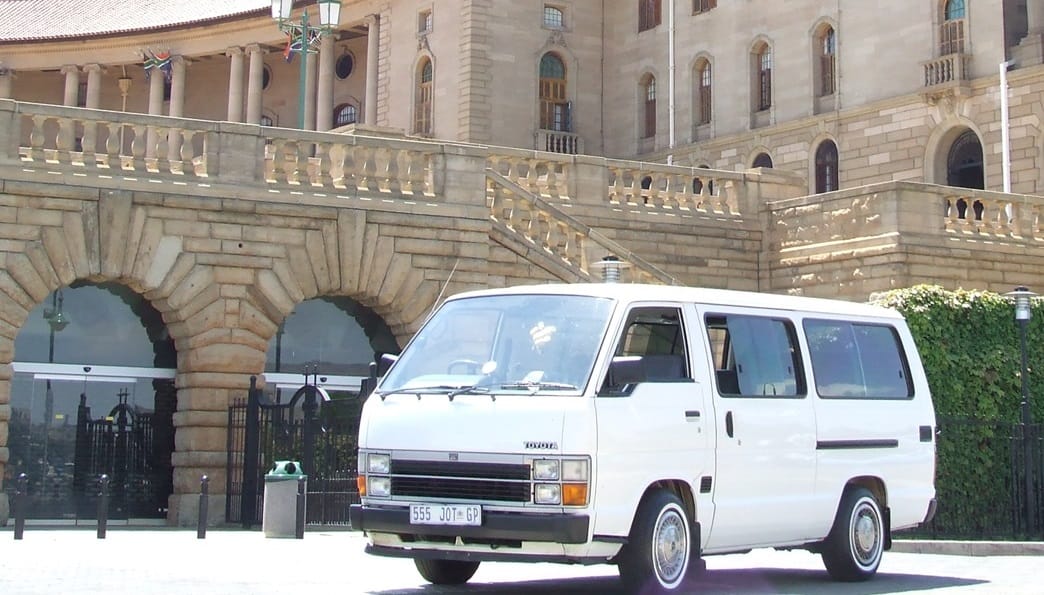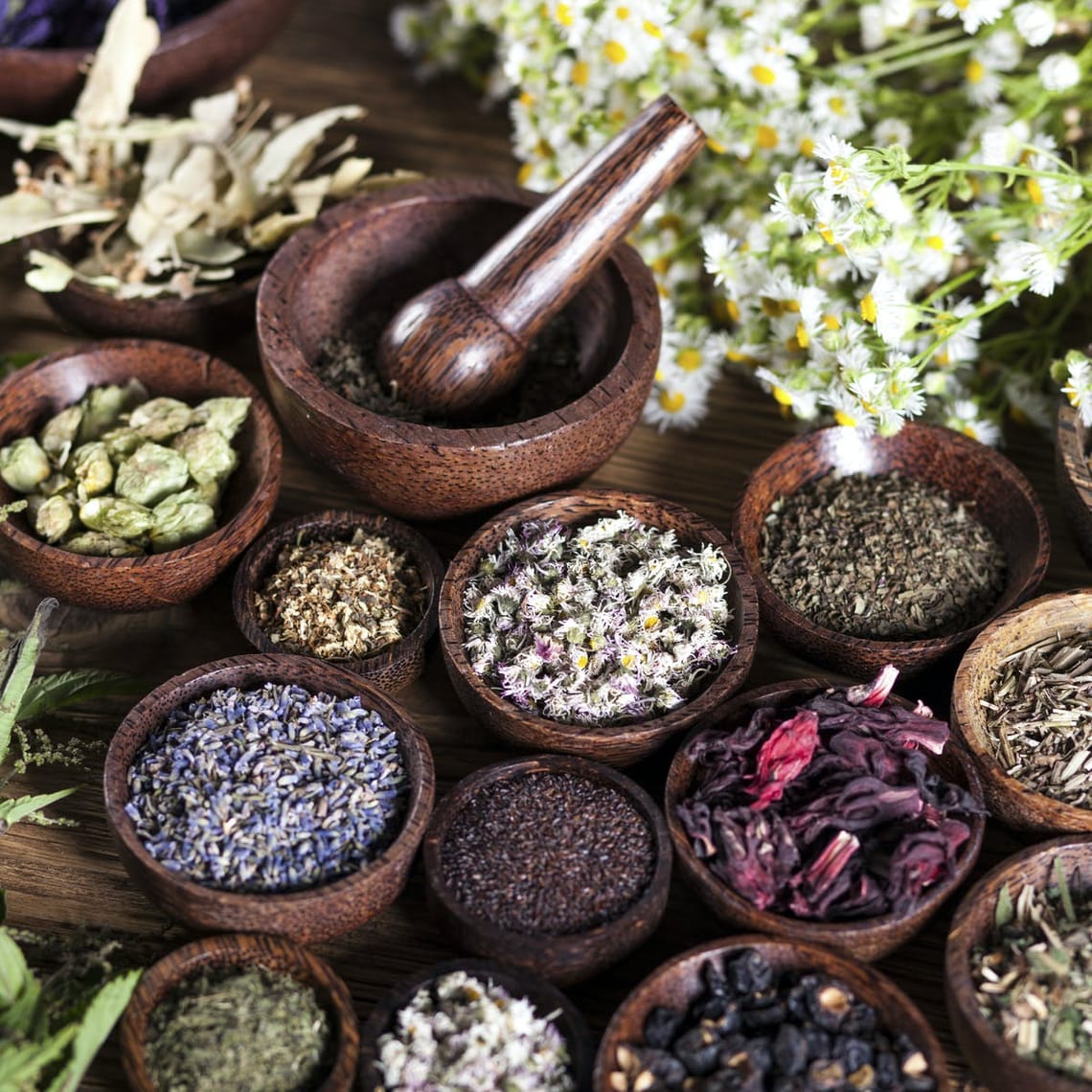In research for African medicine, one will read the following writings …
Traditional medicine was the dominant medical system for millions of people in Africa prior the arrival of the Europeans, who introduced evidence-based medicine, which was a noticeable turning point in the history of this tradition and culture. Herbal medicines in Africa are generally not adequately researched and are weakly regulated. There is a lack of detailed documentation of the traditional knowledge, which is generally transferred orally. Serious adverse effects can result from misidentification or misuse of healing plants.
Modern science has considered methods of traditional knowledge as primitive and under colonial rule some traditional medical practices were outlawed.
What to make of this statement, I asked? I know in Africa, many traditional medicinal practitioners are people without formal education, they have received knowledge of medicinal plants and their effects on the human body from their forebears and by observation. But to look at African medicine with European medicine eyes and sense is like looking with lenses out of focus, at best. At worst we talk of stolen knowledge and experimentation from an African being.
Anyway, politics aside, but I believe, had local knowledge then, of the native medicine been encouraged and cultivated by the colonizing powers, Africa and the world would probably be in a much better social, economic and technological position today. I can think of medical knowledge Africans possessed then, for example in mastering the C-section surgery precolonial times, while Western medicine banned the practice due to its dangers and synonymous with death. In Rwanda and Uganda, Africans had already been significant successful in the complex operation procedure, where both mother and child survived.
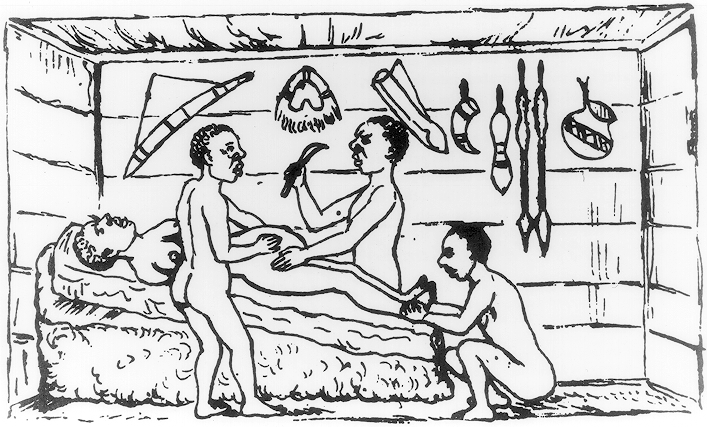
A caesarean section performed by indigenous healers in Kahura, Uganda. As observed by medical missionary Robert William Felkin in 1879. After learning from Africans, here is his account to perform procedure:
Before the surgery, the healer cleaned his hands and the woman’s tummy with banana wine and semi-intoxicated her. To reduce bleeding, he made a midline incision and utilized cautery. He used massage to constrict the uterus but did not sew it up; instead, he used iron needles to pin the abdominal wound and covered it with a paste made from roots. The patient recovered well, and Felkin concluded that this technique was well-developed and had clearly been employed for a long time. Similar reports come from Rwanda, where botanical preparations were also used to anesthetize the patient and promote wound healing.
The whole conduct of the operation suggested a skilled, long-practiced surgical team at work, conducting a well-trained and familiar operation with smooth efficiency.
According to Mastura Wamara, a former nurse in Uganda,
“In those days, the Bunyoro of western Uganda fed pregnant women intensively in preparation for childbirth. Women in the community used to cook ground soup, beans and millet bread. They also used to steam sweet potatoes, cassava, green bananas and dark green vegetables. Mothers ate these before and after conception to reduce pregnancy related complications like anemia and malnutrition.”
They say …. Evidence-based medicine uses the scientific method to organize and apply current data to improve healthcare decisions. Thus, the best available science is combined with the healthcare professional's clinical experience and the patient's values to arrive at the best medical decision for the patient.
I get that, my point is that the evidence-based medicine should never be cloud or deny Africa’s medicinal knowledge a space in the medical world. I recently read in the South African Medical Journal that “some 80% of South Africans use traditional medicine to meet their primary healthcare needs” and that there other more traditional healers (Sangoma) than doctors in South Africa.
So, what is your take? Tell us your thoughts!
